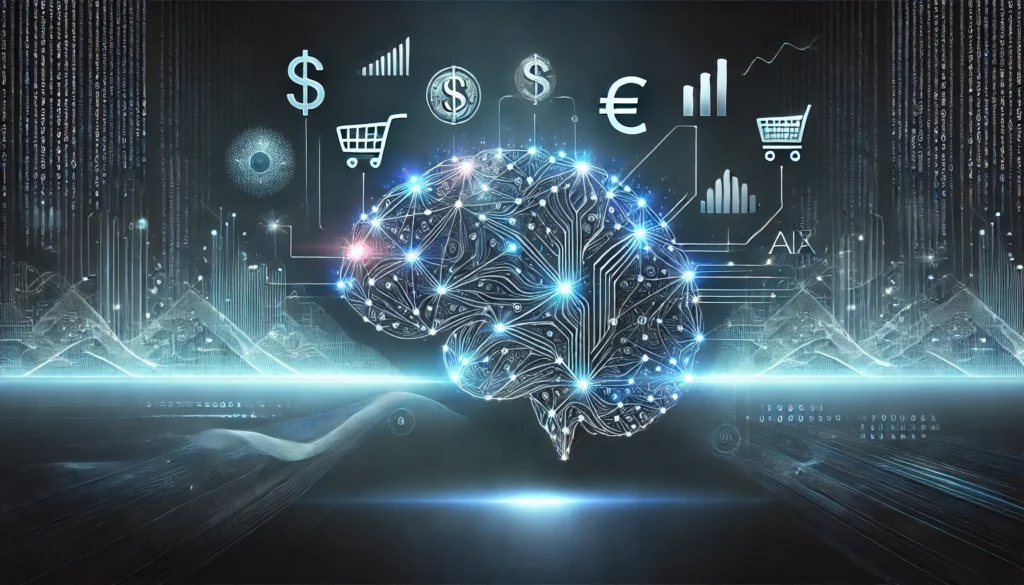Artificial Intelligence (AI) has emerged as a transformative force, revolutionizing various aspects of our lives. From automating routine tasks to making complex decisions, AI is reshaping industries and societies. However, like any powerful tool, AI comes with its own set of advantages and disadvantages. In this blog post, we will explore both sides of the AI coin to better understand the impact of this cutting-edge technology.
Advantages of Artificial Intelligence:
1. Efficiency and Automation
One of the primary advantages of AI lies in its ability to automate repetitive tasks, thereby enhancing efficiency and productivity. Machines equipped with AI can perform tasks at speeds and precision levels that surpass human capabilities. This allows organizations to streamline their operations, reduce costs, and allocate resources more effectively.
2. Data Analysis and Pattern Recognition
AI excels at processing vast amounts of data quickly and accurately. This capability is particularly valuable in data analysis and pattern recognition. From identifying trends in financial markets to predicting disease outbreaks based on epidemiological data, AI empowers decision-makers with valuable insights that can inform strategic choices.
3. 24/7 Availability
Unlike humans, AI systems do not need breaks, sleep, or holidays. This 24/7 availability makes them ideal for tasks that require constant attention, such as monitoring networks for cybersecurity threats or managing customer service inquiries around the clock. This ensures a continuous and consistent level of service.
4. Improved Decision-Making
AI algorithms can analyze data, identify patterns, and make predictions or recommendations based on this analysis. This can lead to better-informed decision-making across various sectors, including finance, healthcare, and logistics. In healthcare, for example, AI can assist doctors in diagnosing diseases more accurately and quickly.
5. Innovation and Creativity
AI systems can contribute to innovation and creativity by automating certain aspects of the creative process. From generating art and music to designing products, AI can offer novel solutions and inspire human creativity. This collaboration between machines and humans has the potential to push the boundaries of what is possible.
Disadvantages of Artificial Intelligence:
1. Job Displacement
The widespread adoption of AI and automation has raised concerns about job displacement. As machines take over routine and repetitive tasks, there is a risk of certain jobs becoming obsolete. It is crucial to address these challenges by fostering education and training programs that equip the workforce with the skills needed for the jobs of the future.
2. Bias and Fairness Issues
AI systems learn from data, and if the data used for training contains biases, the AI algorithms can perpetuate and even exacerbate these biases. This can lead to unfair and discriminatory outcomes, especially in areas such as hiring, lending, and criminal justice. Addressing bias in AI is a critical ethical consideration that requires ongoing attention and vigilance.
3. Lack of Understanding and Transparency
The complexity of AI algorithms often results in a lack of transparency and understanding about how these systems reach specific conclusions or recommendations. This lack of explain ability can be a significant hurdle, particularly in critical applications like healthcare or criminal justice, where the decisions made by AI systems can have profound consequences.
4. Security Concerns
AI systems can be vulnerable to attacks, and if compromised, they may pose significant security risks. Adversarial attacks, where malicious actors manipulate input data to deceive AI systems, are a growing concern. Ensuring the robustness and security of AI systems is essential to prevent unauthorized access and manipulation.
6. Ethical Dilemmas
AI raises complex ethical dilemmas, such as the question of responsibility when AI systems make decisions. Determining who is accountable for the actions of autonomous machines becomes a challenging task. Ethical considerations also extend to issues like privacy, consent, and the potential misuse of AI for malicious purposes.
Conclusion:
Artificial Intelligence is a powerful and transformative technology with the potential to bring about significant benefits. However, it is essential to approach its development and deployment with a thoughtful consideration of the associated advantages and disadvantages. Striking a balance between harnessing the potential of AI and addressing its challenges is key to ensuring a future where AI serves humanity in a responsible and ethical manner. As we continue to navigate the evolving landscape of AI, it is crucial to foster collaboration between technologists, policymakers, and society to shape a future where AI benefits everyone.







